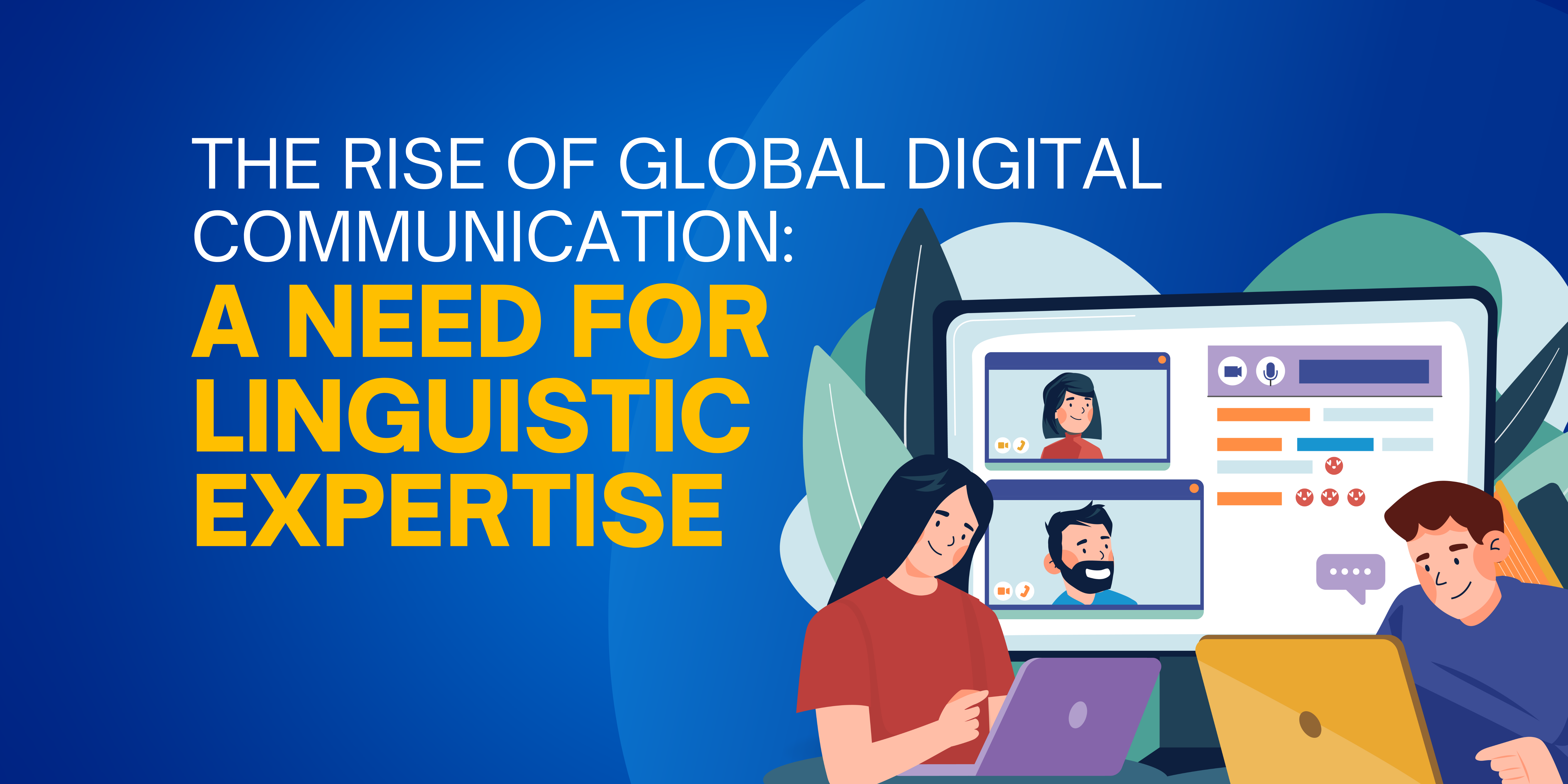In the late 1990s, the internet was rapidly expanding, and businesses were realising the potential of reaching a global audience. However, language barriers posed a significant challenge. Many companies struggle to communicate effectively with customers in different parts of the world.
The Evolution of Web Translation
Back in 1998, translating a website was a complex and time-consuming process. Companies often had to rely on manual translation methods, which were slow and costly. However, the emergence of translation software and online platforms revolutionised the industry.
The Benefits of Multilingual Websites
As the internet continued to grow, businesses had an epiphany about the importance of offering multilingual websites. By providing content in the native language of their target audience, companies could not only improve user experience, but also enhance brand reputation, and significantly boost sales.
The Challenges of Machine Translation
While machine translation technology has made significant strides, it still grapples with nuances, cultural context, and complex terminology. This underscores the indispensable role of human translation in ensuring accuracy and quality for many businesses.
The Growing Demand for Translation Services
The increasing number of internet users and the globalisation of business have led to a surge in demand for translation services. Today, businesses of all sizes recognise the importance of effective communication in multiple languages. This has created a significant opportunity for language service providers, who play a crucial role in meeting this growing demand.
Key Trends in the Translation Industry
- The rise of localisation: Going beyond simple translation, localisation ensures that content is culturally relevant and resonates with the target audience.
- The integration of translation technology: Machine translation tools are used to automate certain tasks, but human translators are still crucial for ensuring accuracy and quality.
- The importance of domain expertise: Translators with specialized knowledge in specific fields, such as law or medicine, are not just sought after, but are the backbone of the translation industry.
The Future of Translation
As the digital landscape continues to evolve, the demand for translation services is expected to grow. Advancements in artificial intelligence and machine learning may further automate certain aspects of translation, potentially increasing efficiency and reducing costs. However, human expertise will remain essential for complex and nuanced content, ensuring accuracy and maintaining the integrity of the message.
In conclusion, the world of online communication has come a long way since the late 1990s. To succeed in today's global market, businesses must prioritise effective language translation and localisation. By investing in quality translation services, companies can break down language barriers and reach a wider audience.

